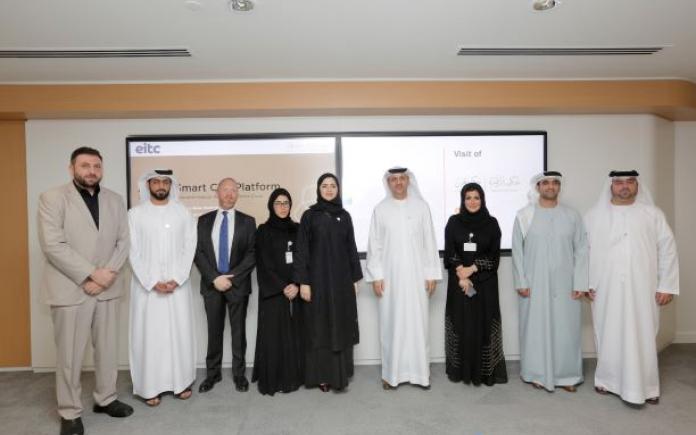
IBM and International Banks Trial Blockchain Powered Trade Finance Platform
IBM and International Banks Trial Blockchain Powered Trade Finance Platform
Batavia, the blockchain-based global trade finance platform that has been jointly developed by a consortium consisting of Bank of Montreal (BMO), CaixaBank, Commerzbank, Erste Group, IBM and UBS has successfully completed its first live pilot transactions with corporate clients.
Initial transactions included the trading of:
- Cars from Germany to Spain
- Textile raw materials for furniture production from Austria to Spain
These transactions mark an important step in establishing Batavia as an open ecosystem that is built on the IBM Blockchain Platform. It has the potential to revolutionize the client experience by providing a digital and automated way of arranging, securing and financing international trade transactions. The pilot transactions were conducted with a variety of transportation modes, geographies and trading parties of various sizes, highlighting Batavia’s ability to scale and manage diverse transaction types.
In covering the end-to-end process of a trade, Batavia encompasses both the closing of trade agreements and the execution of smart payments, which can be automatically triggered by specified events in the supply chain and recorded in the blockchain. The platform is able to integrate track and trace and risk management tools, which can be tied to key events in the supply chains and signals from IoT devices, agreed upon between buyer and seller. These and many other Batavia features help to establish the trade finance platform as a solid foundation for a future trade finance ecosystem.
“The complexity of today’s global financial systems is making it more important than ever for networks of institutions to work together with their clients to efficiently and securely share trade data,” said Jason Kelley, general manager, IBM Blockchain Services. “The members of Batavia have demonstrated how sharing data among permissioned network members can accelerate cross-border trades and bring new transparency to the financial system, both in real-time and at scale.”
Building on the successful development of a minimum viable product and the first pilot transactions with clients, the Batavia project is looking to enter a new phase focused on the building out of a production-ready solution. This may include joining forces with fintechs, financial institutions or other innovation leaders in the market.



